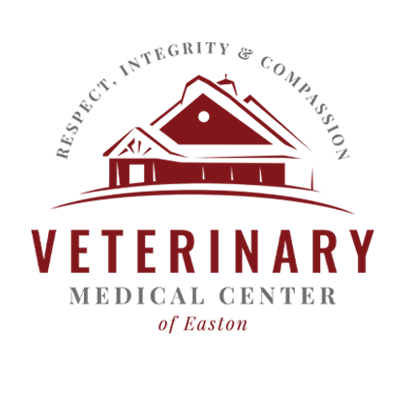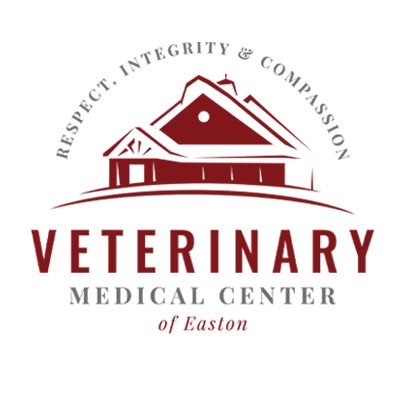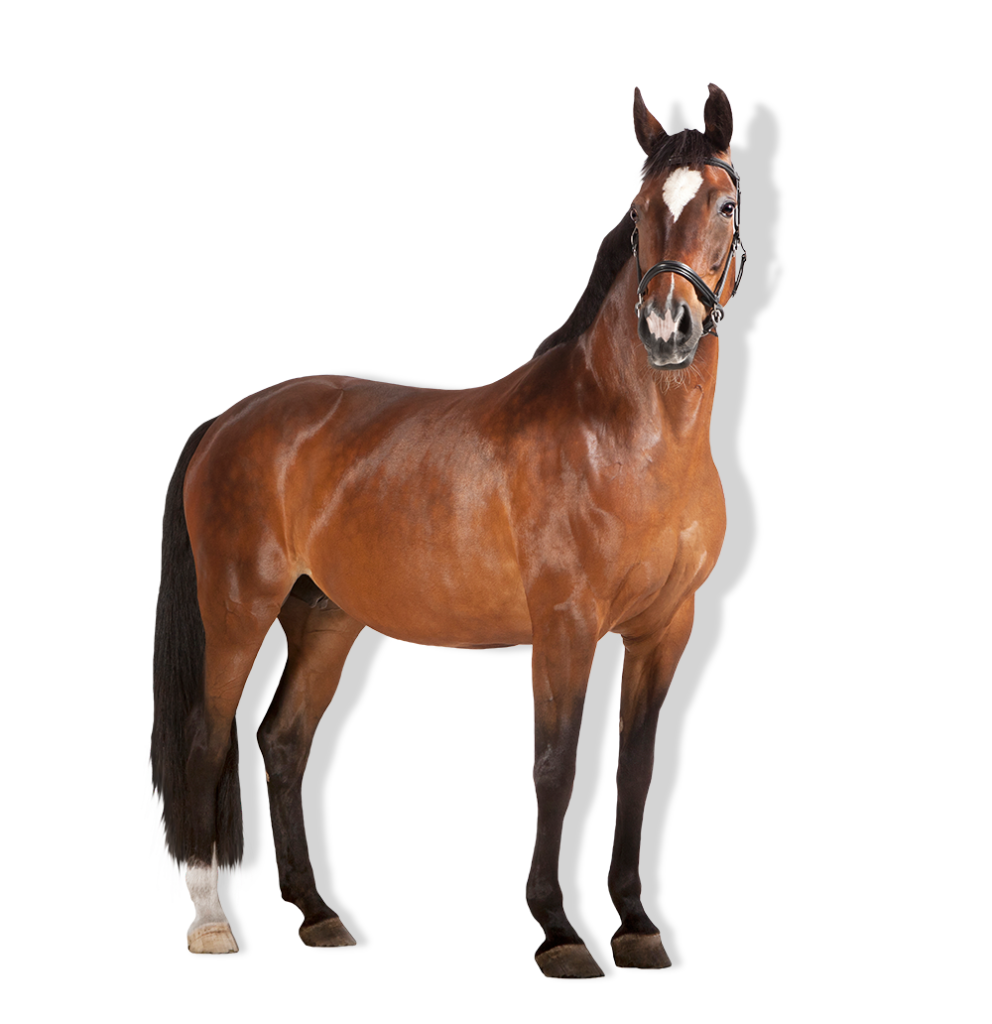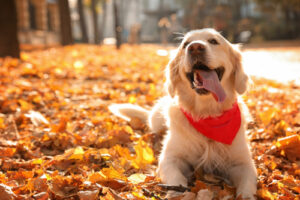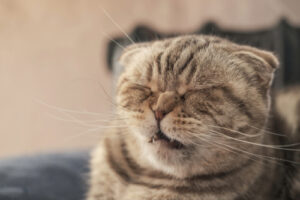Aged horses are becoming a larger portion of our country’s equine population; many of these horses are still being used for riding, showing or as companion animals. Our standard of veterinary care for this population, especially regarding vaccines, is changing due to recent research.
Just as we see with elderly people, horses experience aged related changes in immune function. This decline in immune function is known as “immunosenescence.” This population of horses is less able to resist infection and may not respond as well to vaccines. This is because immune cells in the horse may be blunted or dysregulated leaving them vulnerable to disease. We don’t know exactly why immunosenescence occurs but studies suggest that some of the immune cells become exhausted from exposure throughout the horse’s life, they stop replicating, and become less responsive over time. Other factors that can contribute to an impaired immune response are chronic disease, age associated inflammation, stress and nutritional status. These factors decrease the ability of the immune system to respond appropriately to vaccination, which can lead to increased incidence of disease in this age group.
So what does this mean for vaccinating older horses?
Some studies have shown that the response to some vaccines in aged horses is less robust than seen in younger horses. Vaccines are only effective if the horse’s immune system is competent and vaccine strategies may change as a horse ages and their risks change.
